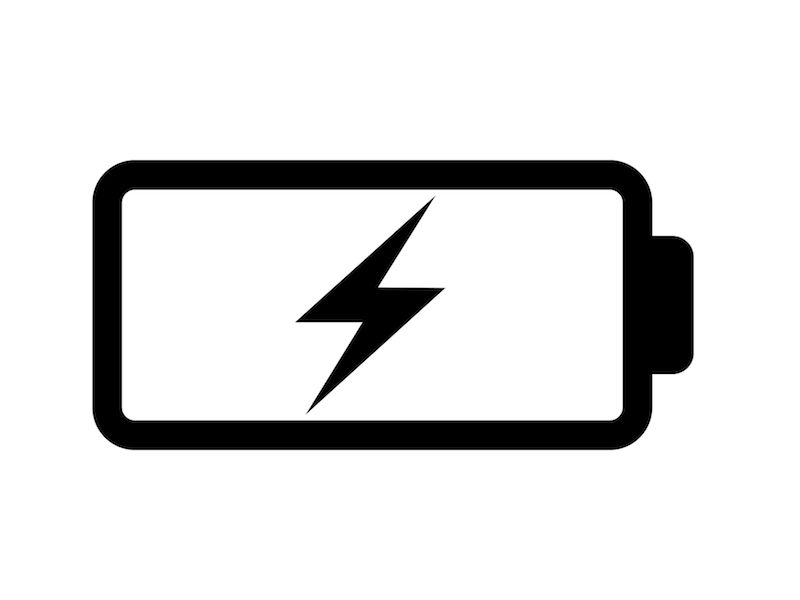
Worrying about losing battery power is something you shouldn’t have to do with rechargeable hearing aids, but when you depend on this technology, it might make you a little concerned. Do rechargeable hearing aids work, and do they work as well as marketed?
The anxiety is understandable and so are the question you may have. A hearing aid is often as important for the enjoyment of a television show or a movie as it is for a trip to the grocery store or any other part of daily life. It’s essential that a piece of technology functions properly and dependably, especially when it impacts so many facets of life.
How Do I Know What Type of Battery I Have?
Most modern hearing aids are equipped with rechargeable batteries by default, so it’s likely if you bought your hearing aids recently, it has one of two types of batteries. Silver-zinc batteries, which can normally be identified by a battery door on the device, are rechargeable, but every so often they have to be replaced. A Lithium-ion battery, however, will last for the duration of the life-cycle of the hearing device and, as such, those devices will not have that distinguishing battery door.
Rechargeable Hearing Aids Need Special Care
For the most part, rechargeable hearing aids do work, and they work well. The reliability of these devices has increased dramatically in the last several years, as battery technologies have advanced. In order to improve reliability, however, there are some maintenance steps users can take as they would with any other electronic device.
- Keep Your Hearing Aids Clean and Dry: No matter how often you use or do not use your hearing aids, they have plenty of occasion to gather moisture, debris, and dust. Your hearing aid may not thoroughly charge if it is subjected to any of these three elements. That’s why it’s essential to keep your hearing aids dry and clean specifically when connecting your hearing aid to its charging station.
- Keep Your Hearing Aids on The Charging Station: If your hearing aids have rechargeable batteries, you can extend the battery life of your device by making sure that you consistently store your hearing aids on their charging station. Charging a battery that is not fully drained does not reduce the long term life of your battery. In fact, making sure that your hearing aids are charging when not in use can actually improve your long-term battery life. For many people, placing their charging station next to their bed is a convenient reminder to charge the devices when it’s not being used.
- Be Careful of Wires: Either the charging station or the hearing aid itself will have some type of wire element on most hearing aids. Most hearing aid users are counseled to be careful of these wires; the connection that enables the device to charge can be damaged if you pull on or hold it by the wires.
How to Replace a Rechargeable Battery
If you have lithium-ion batteries, they should last as long as your device does. So changing those batteries won’t be something you ever have to be concerned about. Simply continue recharging your hearing aids as long as necessary.
However, you will need to periodically replace the batteries if you have a hearing aid that utilizes silver-zinc batteries. Switching batteries in the correct way can help improve the lifespan of your hearing aids. Because of this, hearing professionals suggest the following:
- Let the batteries sit out at room temperature for at least five minutes before removing any tabs that may be attached.
- Don’t eliminate any plastic tabs or packaging until you’re ready to use batteries.
- Ensure you wash your hands before replacing your hearing aid batteries.
- Clean and free of moisture is the state that your battery compartment should be kept in.
- Store batteries in a room temperature place that is also certain to be dry.
Non-Use For Long Periods
Keeping your hearing aids on the charger for extended periods of time is no longer the best way to store your hearing aids. Simply disconnect your hearing aid and put it in a dry cool spot if, for instance, you know you won’t be wearing them for a few weeks or a month.
Think about leaving the battery door open so you can prevent moisture from corroding the batteries if you have silver-zinc batteries.
Keep it Charged Every Day
All your general needs should be met if you charge your hearing aids once a day. To get 24 hours worth of battery life with a lithium-ion battery will usually only require 3-4 hours per day.
Do rechargeable hearing aids work? Not only do they work, but rechargeable hearing aids will likely become a lot more common and dependable as the technology continues to develop. Contact your local hearing aid retailer to see all the different models